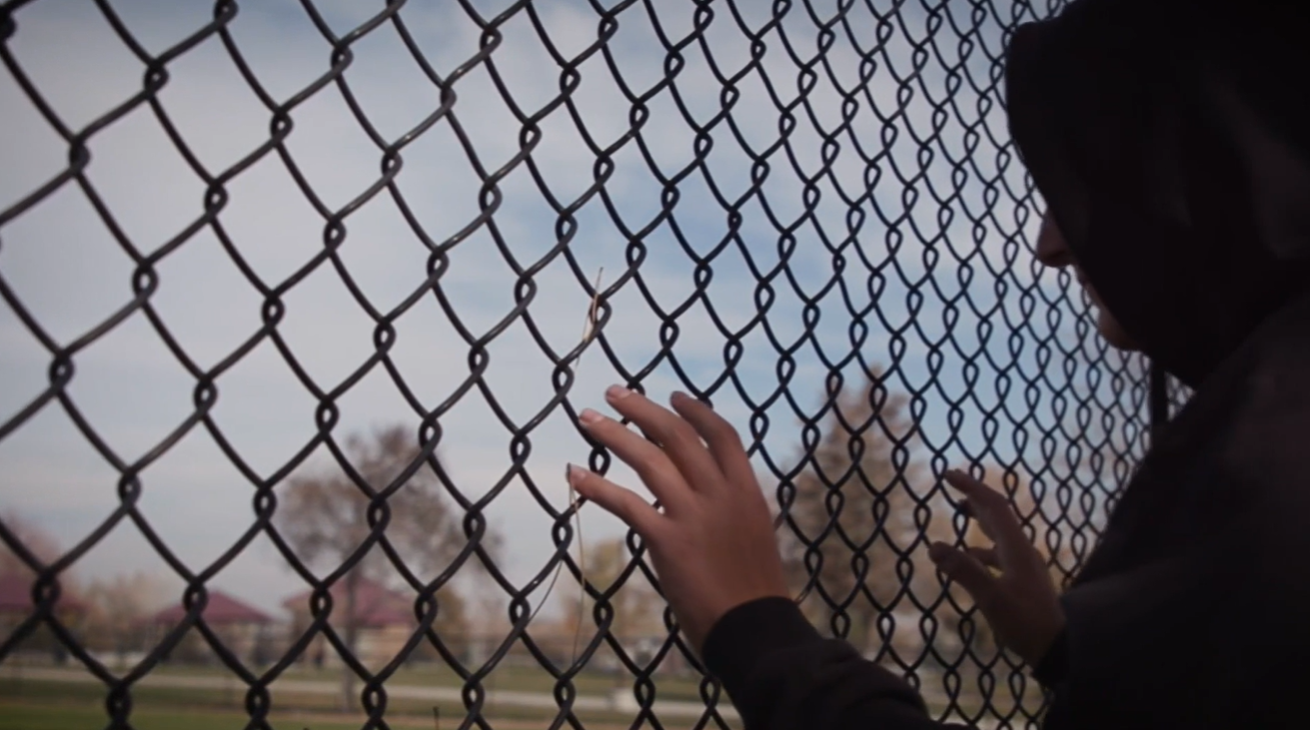In both Palo Alto, California and Colorado Springs, Colorado, suicide prevention experts say they can see the road forward.
Both communities set out years ago to find prevention strategies in the midst of so-called clusters of youth suicide deaths.
Both communities have seen the youth suicide rate decline in recent years. But leaders in both cities also know there is much more work to be done, especially to address pandemic-related mental health impacts.
“People take a deep breath and say, okay, hopefully it's in our rear view mirror now. And I know as a parent and as a clinician here, as a faculty member, as a researcher, that objects in our rear view mirror are closer than they appear. And we know that we still have a number of attempts every week that we see in the emergency room,” said Dr. Shashank Joshi of Palo Alto, during a February interview.
Students in Palo Alto started an effort to encourage responsible reporting on suicide. The effort is led by Chloe Sorensen, who witnessed the community’s youth suicide cluster as a high school student.
“I think there's been a tremendous amount of progress in the community,” said Sorensen, now a psychology student at Stanford. “I feel like so much is different about the culture of the way that we talk about mental health. I feel like mental health is very out in the open now. There's a lot less stigma.”
In Colorado Springs, close to 90 community partners joined together to form the El Paso County Youth Suicide Prevention Workgroup.
The group says it has strengthened partnerships between mental health professionals and law enforcement and has facilitated suicide prevention training in the community, and developed messaging campaigns aimed at prevention.
Young people have joined the effort in many ways -- from helping to create Below the Surface, an effort to encourage young people to text Colorado Crisis Services during tough times, to organizing panel discussions to share their input on suicide prevention programs, to volunteering to take calls and texts from peers who need someone to talk with.



